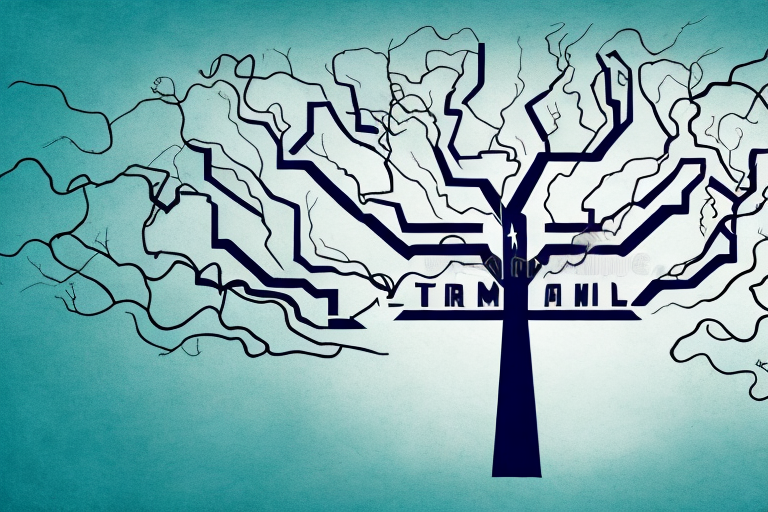Construction Lawyers Sydney: Ensuring Legal Protection in Building and Construction Projects
Construction projects involve significant investments and legal complexities. Construction lawyers Sydney provide expert guidance to builders, contractors, developers, and property owners, ensuring compliance with building regulations and protecting their interests. Engaging construction lawyers Sydney helps prevent disputes, manage risks, and resolve issues efficiently. Understanding Construction Law in Sydney Construction law governs building contracts, construction disputes, workplace safety, and regulatory compliance. Construction lawyers Sydney specialize in advising clients on contract negotiation, project management, and litigation. Building and construction lawyers Sydney ensure that construction projects adhere to statutory requirements and mitigate potential legal risks. Building Contracts and Agreements Construction contract lawyers Sydney draft, review, and negotiate contracts to protect clients’ rights and obligations. Construction lawyers Sydney ensure contracts clearly outline scope, timelines, payment terms, and responsibilities. Properly drafted contracts reduce the likelihood of disputes and provide legal recourse if issues arise during a project. Construction Disputes and Litigation Construction disputes may involve delays, defective work, non-payment, or breaches of contract. Construction litigation lawyers Sydney represent clients in negotiations, mediation, arbitration, and court proceedings. Construction lawyers Sydney provide strategic advice to resolve disputes efficiently while safeguarding their client’s interests. Compliance and Regulatory Advice Construction lawyers Sydney guide clients on regulatory compliance, including building codes, planning approvals, and safety regulations. Building lawyers Sydney help businesses adhere to statutory requirements, reducing the risk of fines, penalties, or legal action. Their guidance ensures construction projects proceed smoothly and legally. Risk Management in Construction Projects Construction lawyers Sydney advise on risk assessment, liability management, and insurance requirements. Construction law firms Sydney assist clients in identifying potential risks, drafting risk management clauses, and implementing strategies to protect against financial and legal liabilities. Small Business and Contractor Support Construction lawyers Sydney provide legal support for small builders and contractors. From contract review and dispute resolution to compliance advice, construction lawyers Sydney offer practical solutions for smaller businesses navigating complex legal frameworks in the construction industry. Choosing the Best Construction Lawyer in Sydney Selecting the right construction lawyer involves evaluating experience, expertise, and client reputation. Best construction lawyers Sydney have proven experience in construction contracts, dispute resolution, compliance, and litigation. Engaging a skilled construction lawyer Sydney ensures legal protection and effective project management. Tips for Working with Construction Lawyers Sydney Provide detailed project information, contracts, and documentation to your construction lawyer Sydney. Maintain clear communication, follow their guidance, and address issues promptly. Effective collaboration ensures legal matters are managed efficiently, minimizing disputes and delays. Conclusion Construction lawyers in Sydney are essential for builders, contractors, developers, and property owners seeking legal protection in building and construction projects. From drafting contracts and resolving disputes to regulatory compliance and risk management, construction lawyers Sydney provide expert legal advice. Engaging experienced construction law experts ensures projects proceed smoothly, risks are managed effectively, and legal compliance is maintained. FAQs







